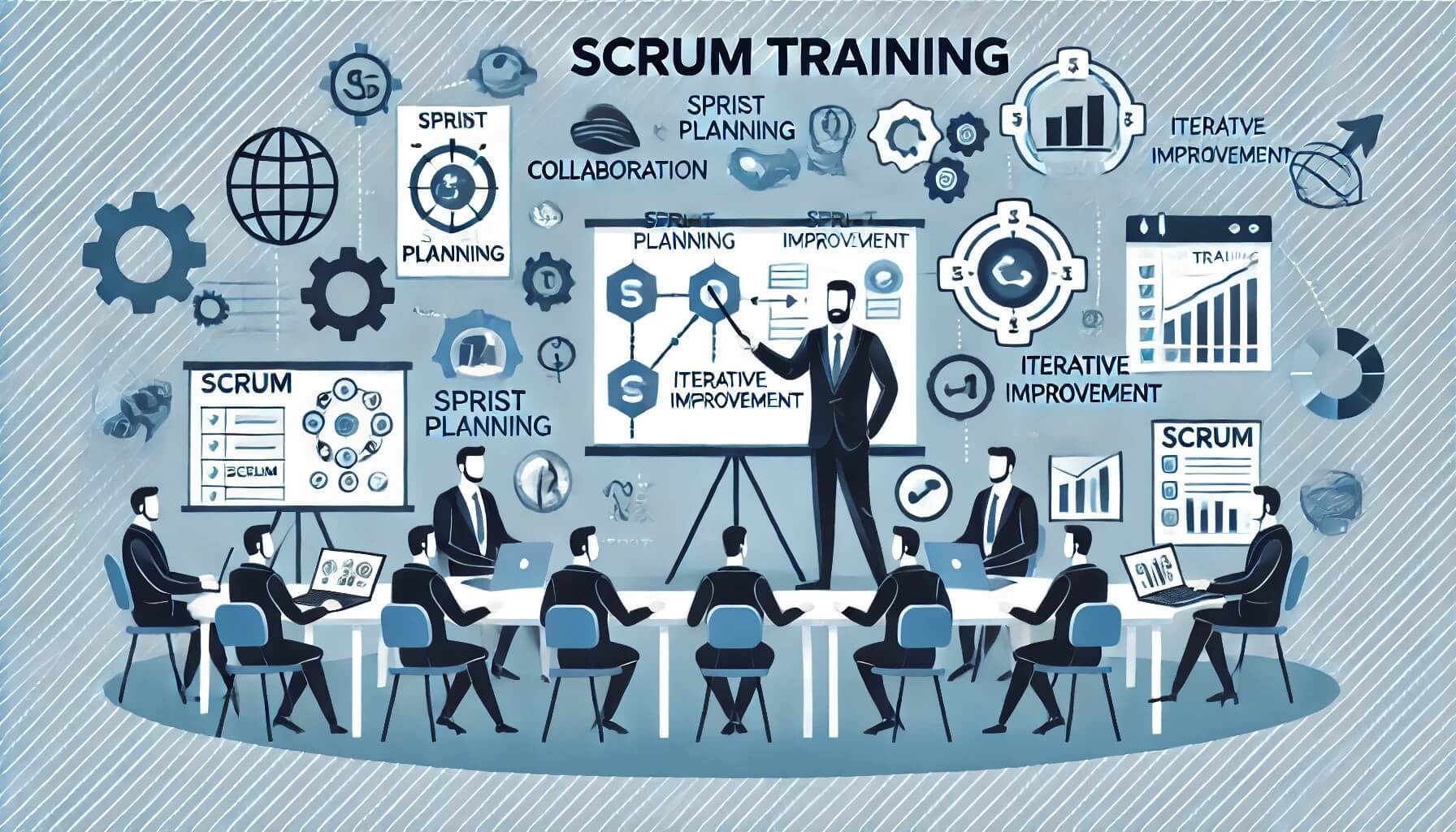How to Choose the Right Scrum Training Program for Your Goals

Strong 8k brings an ultra-HD IPTV experience to your living room and your pocket.
Scrum has become a leading framework in Agile project management, and with its popularity comes a variety of training options for those looking to enhance their skills and career prospects. Whether you’re a beginner in Agile or a seasoned project manager, choosing the right Scrum training program can make a significant difference in aligning with your career aspirations.
Here’s an in-depth guide to help you make the best choice.
Define Your Career Goals
- Before diving into any training program, clarify what you want to achieve. Are you looking to become a Scrum Master, Product Owner, or enhance your current Agile skills? Understanding your goals will help you identify the course that best suits your career trajectory.
- For example, if you’re aiming for a role as a Scrum Master, consider a program that emphasizes servant leadership, team facilitation, and Agile principles.
Understand the Different Scrum Certifications
Several organizations offer Scrum certifications, each with varying focuses and industry recognition. The most widely recognized include:
- Certified ScrumMaster (CSM) by Scrum Alliance
- Professional Scrum Master (PSM) by Scrum.org
- SCRUMstudy’s Scrum Master Certified (SMC)
Researching each certification's curriculum, prerequisites, and focus areas can help you identify which aligns with your specific goals. For example, if your aim is global recognition, the CSM and PSM certifications are highly respected worldwide.
Consider Course Format and Flexibility
- Decide if you prefer a classroom-based experience, online self-paced modules, or virtual instructor-led sessions. With various options available, it’s crucial to pick a format that complements your learning style and schedule.
- Self-Paced Learning offers flexibility for those with busy schedules, while Instructor-Led Training provides real-time interaction and immediate feedback.
Evaluate the Training Content and Instructor Expertise
- Look for programs that cover not just the basics but also delve into advanced Scrum practices, real-world scenarios, and common challenges in Scrum implementation.
- Review the credentials of the instructors, focusing on their experience in Agile and Scrum coaching. Experienced trainers often bring industry insights and real-life examples that make the learning experience richer.
Assess Practical Application Opportunities
- Scrum is a hands-on framework, so ensure the course includes practical exercises, case studies, or role-playing activities. Some training providers offer simulated Scrum environments where you can apply what you’ve learned in a controlled setting.
- Programs that include group exercises or collaborative projects allow you to practice Scrum ceremonies, decision-making, and conflict resolution.
Look for Community and Networking Opportunities
- Some Scrum training programs offer access to a community of Agile practitioners, alumni networks, or forums where you can connect with like-minded professionals. This is beneficial for continued learning and career advancement.
- Networking with other participants can provide insights into different industries’ Agile practices and may lead to job opportunities or mentorship connections.
Check for Exam Preparation and Resources
- If certification is your goal, ensure the program includes comprehensive exam preparation resources like practice exams, study guides, and mock scenarios.
- Some programs also offer post-training support and additional resources to help you prepare for the certification exam confidently.
Compare Costs and Value
- Scrum training programs vary significantly in price. While cost shouldn’t be the sole deciding factor, it’s essential to balance quality and affordability. Evaluate if the training includes all necessary materials, exam fees, and any additional support resources.
- Some employers may sponsor Scrum training, so check if this is an option before making a decision.
Conclusion
Selecting the right Scrum training program depends on aligning the course content, certification options, and format with your career aspirations. By considering your goals, researching the certification options, and prioritizing programs that offer practical experience and quality instruction, you can find the ideal training that enhances your Scrum skills and positions you for future career success in Agile project management.
This guide should set you on the right path to finding a Scrum training program that’s well-suited to your goals and aspirations.
Note: IndiBlogHub features both user-submitted and editorial content. We do not verify third-party contributions. Read our Disclaimer and Privacy Policyfor details.







